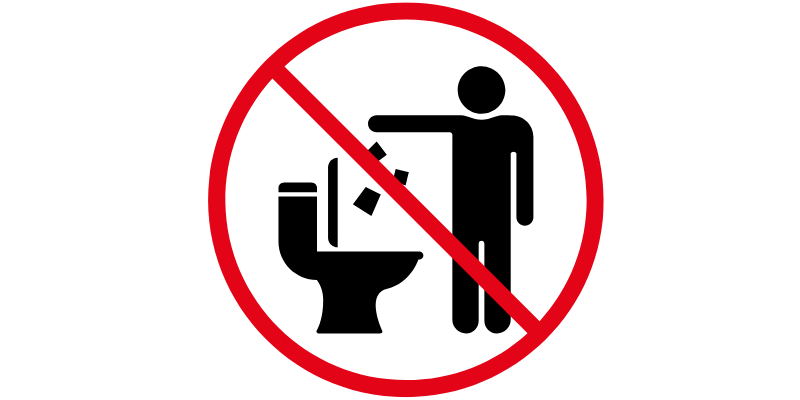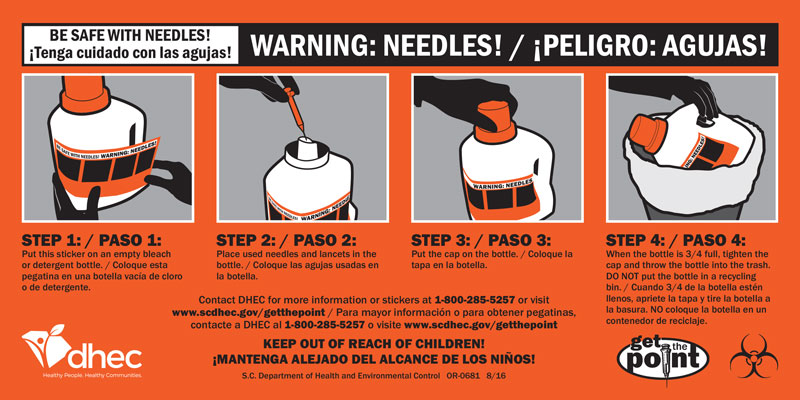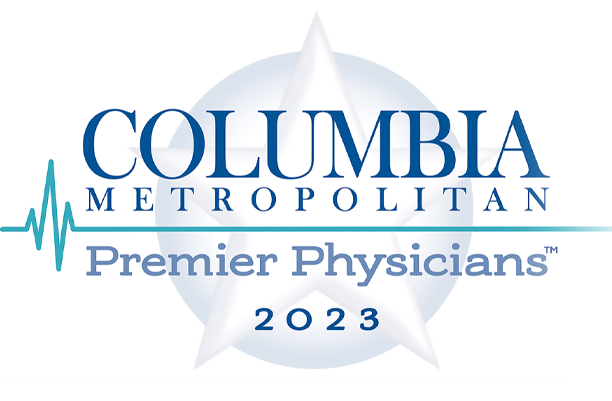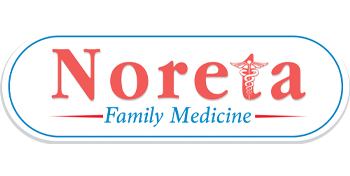How to Get Rid of Old/Unused Medicines
How many unused or expired medicines do you have in your house? It’s ok to admit it. As a family doctor, I hear my patients talk about their “medicine cabinet full of old medicines” all the time. By reading this blog, I hope you will learn why it’s important to not only get rid of those old medicines but how to get rid of them properly. You may think you should flush expired or unused meds down the drain, but that is NOT recommended because they can contaminate our water system. Even if you don’t flush your meds, chances are that someone in your family, a neighbor, etc. does!
A research study from 2006 showed that 50% of the people surveyed incorrectly flushed their meds down the toilet (read more HERE). Feel free to share this blog so that if your primary care doctor sends you a survey to take in the future, you will be able to report you are doing things safely and correctly!

Why is it important to get rid of old medicines?
- To ensure you don’t accidentally reach for the wrong bottle and take the wrong medicine at 6am when it’s still dark outside and you just don’t feel like turning on the light
- So that your kids/grandchildren don’t get a hold of your medicines and take them
Call Poison Control if this happens – 800-222-1222 - To help prevent medicines from ending up in the wrong hands, especially pain meds and other addictive medicine
The following recommendations come from the DEA and South Carolina DHEC.
1) To get rid of controlled substances – Controlled substances include opioid pain medicines – hydrocodone, oxycodone, morphine, fentanyl, etc., tramadol, benzodiazepines (meds that typically end in -azepam), and ADD stimulant medicines like Adderall, Vyvanse and Ritalin, among others.
- The DEA has a nice website where you can search for year-round controlled medicine drop off sites: https://apps.deadiversion.usdoj.gov/pubdispsearch/spring/main?execution=e1s1
- The DEA also has two “take back” days per year, with the next one set for Saturday, April 27, 2024.
- Although you should not flush most medicines, the FDA has a short “flush list” of medicines (mainly opioids) if you don’t have a take back site near you.
2) To get rid of other medicines, here are the recommendations from SC DHEC:
- Remove your unwanted medicines from their original containers.
- Mix the medicine (do not crush tablets or capsules) with an undesirable substance such as cat litter, dirt, flour or used coffee grounds.
- Place the mixture in a container such as a sealed ziploc bag or empty margarine tub.
- Throw the container in your trash.
- It’s better to follow these steps rather than just throw your meds directly in the trash so that the pills are less recognizable than they would be in a labeled medicine bottle, and are less appealing to kids, pets, and thieves looking for drugs who may get into your trash.

Image source: South Carolina Department of Health and Environmental Control. Accessed via https://scdhec.gov/sites/default/files/Library/OR-0681.pdf
3) To get rid of used needles – These require special attention! We don’t want our sanitation workers to be stuck with your needles. Needles that have been used with insulin pens/syringes or Ozempic/Mounjaro pens, or were used to prick your finger to check your sugar should all be disposed of in a safe way, which is as follows:
- Step 1: Put a free warning/safety sticker on an empty bleach or detergent bottle.
For South Carolina residents, go to SC DHECs “Get to the Point” website by clicking HERE. - Step 2: Place used needles or lancets in the bottle
- Step 3: Put the cap on the bottle
- Step 4: When the bottle is 3/4 full, secure the cap and throw the bottle into the trash
VERY IMPORTANT: Always remember to place the warning sticker on bottles!
And now you know! Let’s reduce the amount of medicine getting into our South Carolina water system and help keep our friends and family safe! As always, with any specific questions about this topic (or any other health topic!), please contact your family physician or primary care doctor.
Melissa Boylan MD, FAAFP
Family Physician and Owner of Noreta Family Medicine
NoretaFamilyMed.com

